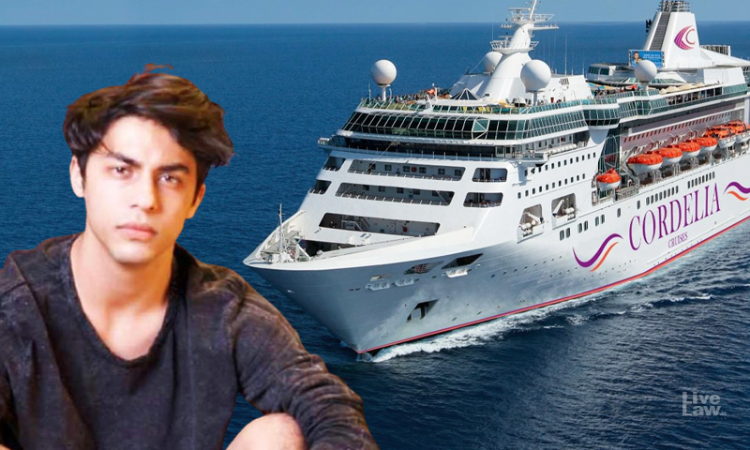- Home
- /
- Top Stories
- /
- Breaking: Aryan Khan Denied Bail in...
Breaking: Aryan Khan Denied Bail in Cruise Ship Drug Case
Sharmeen Hakim
20 Oct 2021 2:48 PM IST
A Special NDPS court at Mumbai on Wednesday refused bail to Aryan Khan, son of actor Shahrukh Khan, Arbaaz Merchant and Munmun Dhamecha, in the cruise ship drug case. Special Judge VV Patil pronounced the order. The NCB arrested them on October 3, following a raid at the international departure terminal of a Goa-bound cruise the previous day. They are booked under...
Next Story



